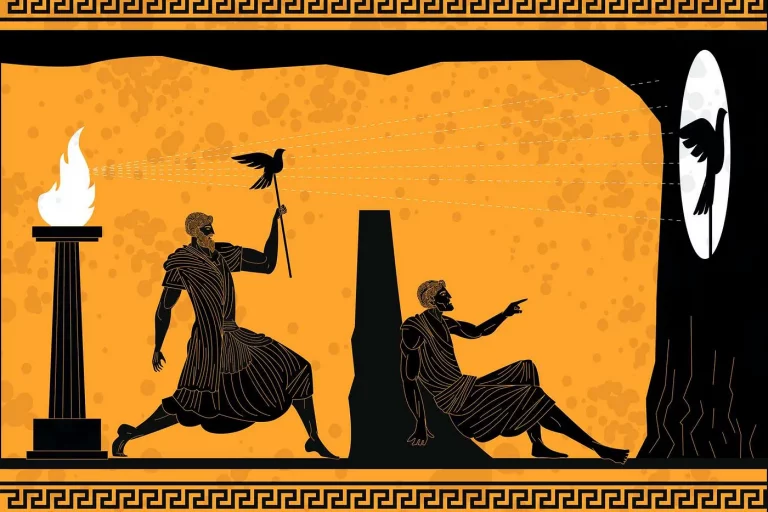Cyberspace when you’re dead
“It’s now taken for granted that the things we do online are reflections of who we are or announcements of who we wish to be. So what happens to this version of you that you’ve built with bits? Who will have access to which parts of it, and for how long?
Not many people have given serious thought to these questions. Maybe that’s partly because what we do online still feels somehow novel and ephemeral, although it really shouldn’t anymore. Or maybe it’s because pondering mortality is simply a downer. (Only about a third of Americans even have a will.) By and large, the major companies that enable our Web-articulated selves have vague policies about the fate of our digital afterlives, or no policies at all. Estate law has only begun to consider the topic. Leading thinkers on technology and culture are understandably far more focused on exciting potential futures, not on the most grim of inevitabilities. “




